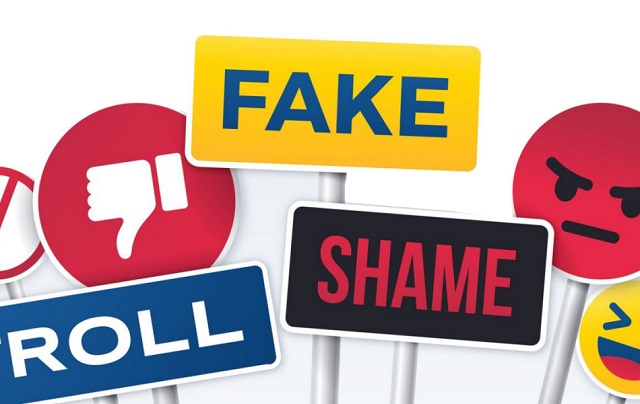
Expert reveals how it shaped 2021 election
Kampala, Uganda | THE INDEPENDENT | There is a growing trend of domestic political actors deploying targeted disinformation schemes in several African countries; Uganda inclusive, according to Tessa Knight, a South Africa-based researcher with the Atlantic Council’s Digital Forensic Research Lab (DFRLab).
Knight revealed that prior to Uganda’s January 2021 election, a network of inauthentic social media accounts operating on Facebook, Instagram, and Twitter spread coordinated disinformation in support of the ruling party.
She explained how, because in the lead up to the January 2021 presidential election in Uganda, press freedom was severely curtailed, opposition politicians; especially the youth movement led by Bobi Wine’s National Unity Platform (NUP), had turned to social media to share information and to provide updates on the election.
This, according to Knight, led the ruling party disinformation network to try to undermine the opposition’s social media efforts and the growing popularity of the NUP by denigrating Bobi Wine and posting in support of Museveni.
She said some of these accounts were directly operated by the Ugandan government through the Government Citizen Interaction Center (GCIC) at the Ministry of Information and Communications Technology and National Guidance.
“The DFRLab identified at least five user profiles associated with GCIC that were removed during Facebook’s January 8, 2021, takedown of the network,” she said in an interview with The Africa Center for Strategic Studies.
Knight added that several of the inauthentic accounts were also traced to a spokesperson for President Yoweri Museveni’s son, Muhoozi Kainerugaba, a lieutenant general in the Ugandan military (and Commander of the Land Forces of the Uganda People’s Defence Force). Other accounts operating within the Ugandan disinformation network were tied to groups that claimed to be public relations firms or news organisations.
She said such trends of domestic political actors deploying targeted disinformation requires expanded fact-checking capacity in Africa and collaboration with social media organisations.
She said from Asmara to Abuja, Sudan to South Africa, digital disinformation is becoming an increasingly common feature of Africa’s domestic political landscape.
She said the disinformers adopt sophisticated tactics first deployed in Africa by foreign actors such as Russia and Saudi Arabia.
The attempt to disguise an internationally (i.e., Russian) sponsored disinformation campaign through hired domestic operators was clear in the case of Sudan. This example and the cases of the diaspora’s involvement in trying to shape the narrative around the conflict in Tigray were the only places, in the cases we studied, where they detected an international connection.
“I think oftentimes people assume that African countries are not capable of sophisticated disinformation on social media. And that is vastly underestimating the ability of political parties and online actors on the continent and how far people are willing to go to push their agenda,” Knight said.
She added: “There are hundreds of millions of Facebook users and Twitter users in Africa. Coordinated disinformation is certainly not something that is limited to Western or Asian countries.”
She said domestic actors have an advantage because they know the context, they know the language, and they know a lot of the political nuance.
“They are able to create authentic content more seamlessly,” she said.
 The Independent Uganda: You get the Truth we Pay the Price
The Independent Uganda: You get the Truth we Pay the Price





